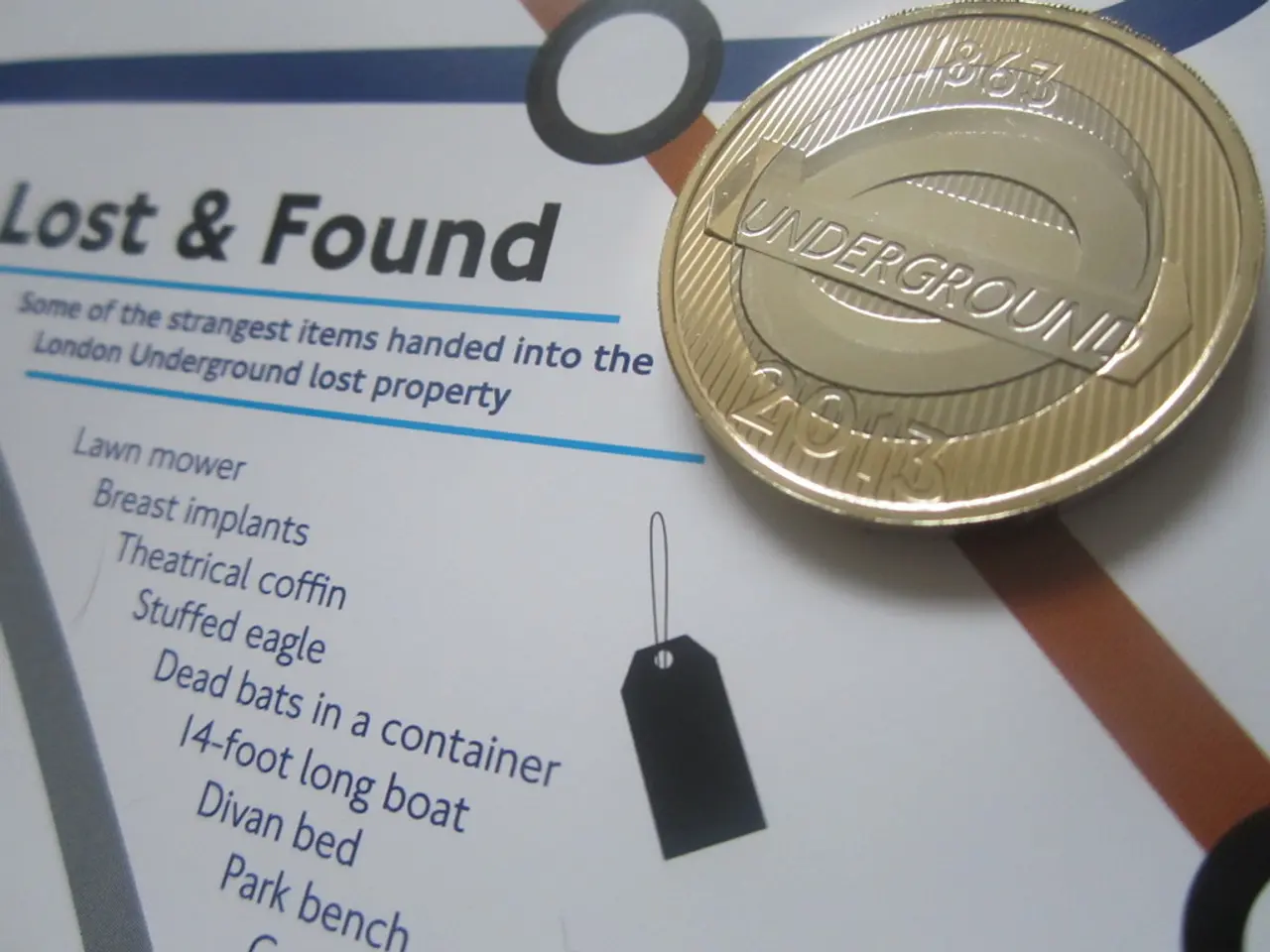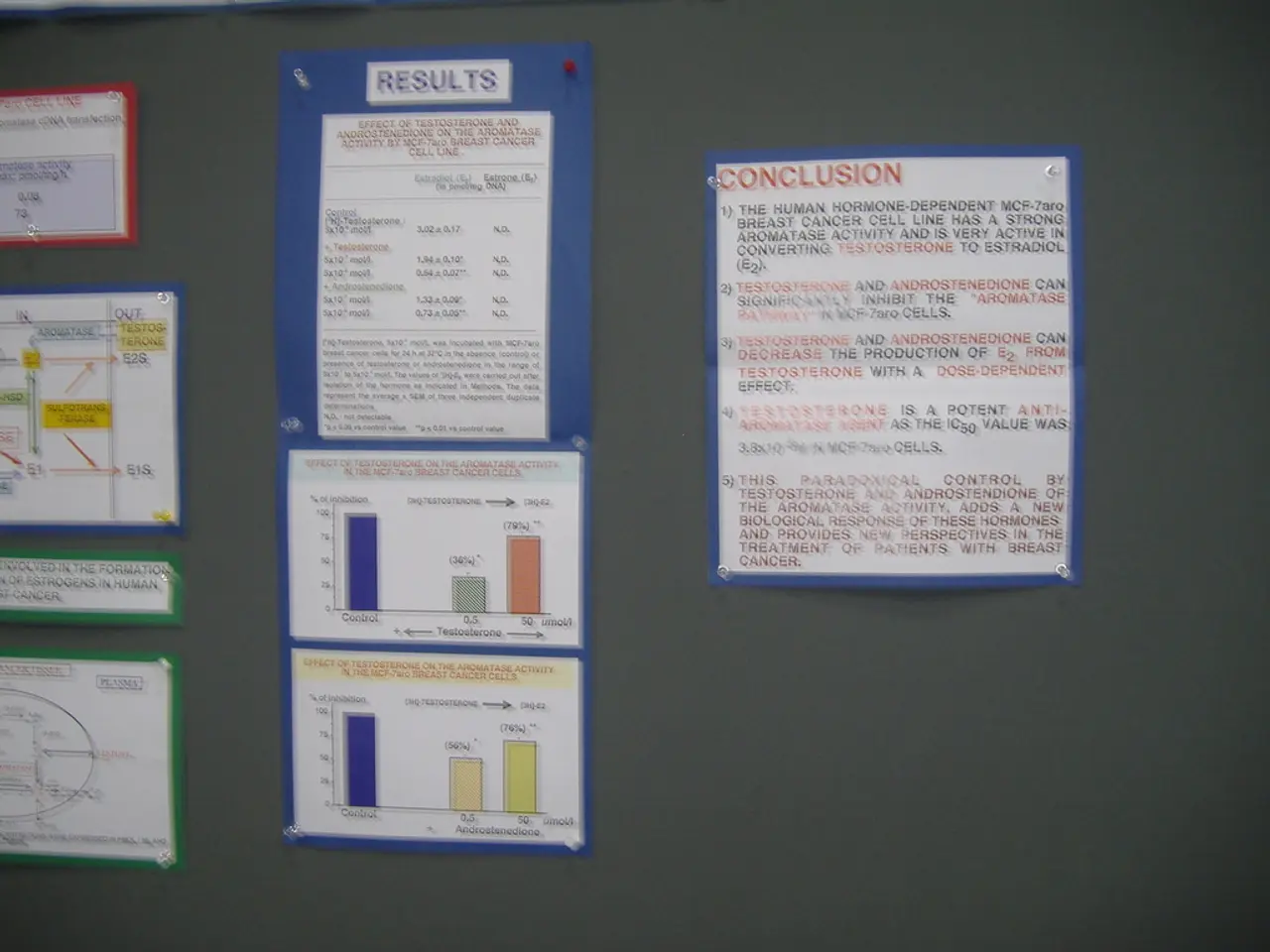Cryptocurrency assets in South Africa remain exempt from capital control restrictions, as determined by the High Court
In the heart of Africa, South Africa's cryptocurrency landscape is undergoing a significant transformation. The Gauteng High Court's ruling in 2025 established that cryptocurrencies are not subject to the country's Exchange Control Regulations, offering greater transactional freedom [1][2].
This decision came about following a dispute where the Financial Surveillance Department of the South African Reserve Bank (SARB) was challenged for attempting to impose exchange control restrictions on crypto assets without clear legislative authority [1]. As a result, South African individuals and businesses engaging in cross-border crypto transactions are currently exempt from the country's stringent capital export controls.
However, this ruling also creates regulatory uncertainty and new challenges. The FMAS:25 panel highlighted concerns about treating all crypto transactions as externalization (unauthorized capital outflows), which could hinder economic participation and contradict the decentralized, global nature of crypto [3]. The panel emphasized the need for balanced, globally aligned crypto regulations rather than applying traditional exchange control frameworks to digital assets.
The SARB is appealing the ruling, which means stricter oversight and regulation of crypto flows could be reinstated if the appeal succeeds [5]. This ongoing legal contest implies that the regulatory environment will continue evolving, and crypto market participants must navigate a complex landscape involving compliance with tax laws, anti-money laundering (AML), and financial intelligence center (FIC) registration requirements alongside exchange control ambiguity [5].
Interestingly, the SARB's legal loss could potentially prove costly. A surge in cryptocurrency activity before new legislation is passed could dent deposit balances as individuals and businesses rush to buy cryptocurrency to send money offshore. This was evident in a case where Standard Bank sued the SARB over a claim of forfeiture over R16.4 million ($1m) held in a Standard Bank account, following the SARB's seizure of funds from the client, Leo Cash and Carry, who had bought R556 million ($37m) of Bitcoin in 2019 and transferred it offshore [4].
The South African court's decision not to classify cryptocurrency as 'money' or 'capital' under South Africa's exchange control legislation has far-reaching implications. Other central banks may need to update their exchange control rules to include cryptocurrencies, as the International Monetary Fund (IMF) has argued that cryptocurrencies can be used to circumvent capital controls in emerging market economies [6].
In conclusion, the current legal position in South Africa is that cryptocurrencies fall outside existing exchange control rules, offering greater transactional freedom. However, a pending appeal and broader regulatory developments underscore continuing uncertainty and the likelihood of future changes in how crypto is regulated regarding exchange controls [1][2][3][5].
[1] South African court rules cryptocurrencies not subject to exchange control regulations. (2025). Retrieved from https://www.moneyweb.co.za/news/cryptocurrency/south-african-court-rules-cryptocurrencies-not-subject-to-exchange-control-regulations/
[2] South Africa's High Court rules that cryptocurrencies are not subject to exchange controls. (2025). Retrieved from https://www.independent.co.za/business/technology/south-africas-high-court-rules-that-cryptocurrencies-are-not-subject-to-exchange-controls-11575724.html
[3] FMAS:25 Panel Report on Cryptocurrencies and Capital Controls. (2025). Retrieved from https://www.finma.ch/en/publications/fmas-25-panel-report-on-cryptocurrencies-and-capital-controls/
[4] Standard Bank sues SARB over R16.4m Bitcoin forfeiture. (2021). Retrieved from https://www.fin24.com/Economy/standard-bank-sues-sarb-over-r16-4m-bitcoin-forfeiture-20210325
[5] SARB appeals High Court ruling that cryptocurrencies are not subject to exchange control regulations. (2025). Retrieved from https://www.fin24.com/Economy/sarb-appeals-high-court-ruling-that-cryptocurrencies-are-not-subject-to-exchange-control-regulations-20250701
[6] IMF warns of risks posed by cryptocurrencies to emerging markets. (2021). Retrieved from https://www.reuters.com/article/us-imf-cryptocurrencies/imf-warns-of-risks-posed-by-cryptocurrencies-to-emerging-markets-idUSKBN2AN19L
- The Gauteng High Court's ruling in 2025 classified cryptocurrencies as neither 'money' nor 'capital' under South Africa's exchange control legislation, thus exemption from stringent capital export controls for individuals and businesses engaging in cross-border crypto transactions.
- The Financial Market Allocations and Systems (FMAS:25) panel highlighted the need for balanced, globally aligned crypto regulations rather than applying traditional exchange control frameworks to digital assets, addressing concerns about treating all crypto transactions as externalization.
- In contrast to South Africa's decision, the International Monetary Fund (IMF) suggests that central banks should update their exchange control rules to include cryptocurrencies, considering the potential use of cryptocurrencies to circumvent capital controls in emerging markets.




